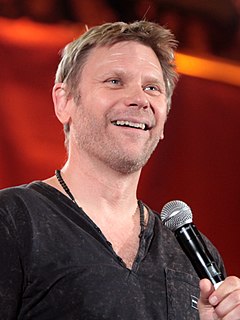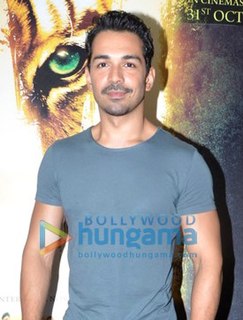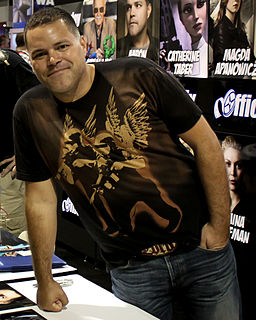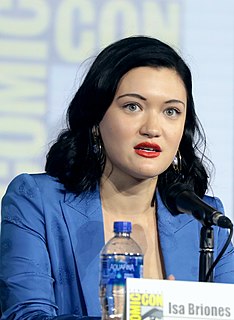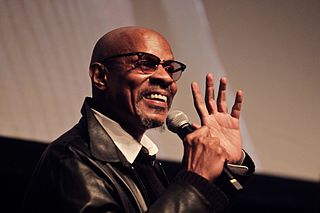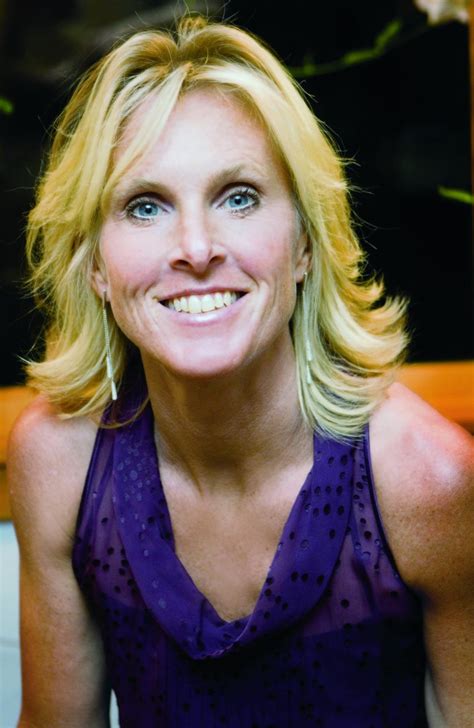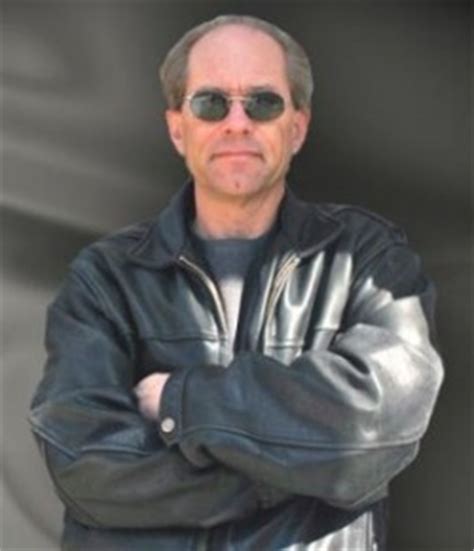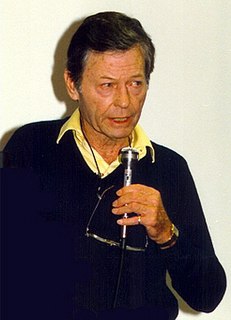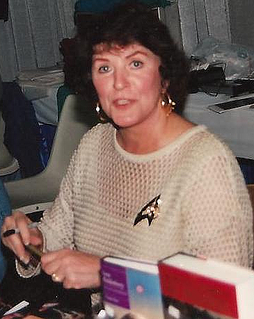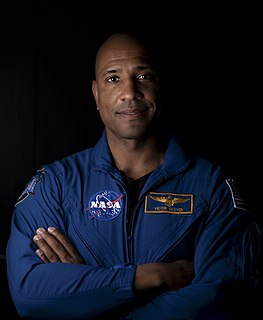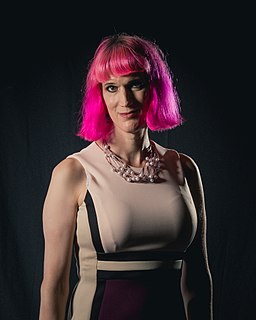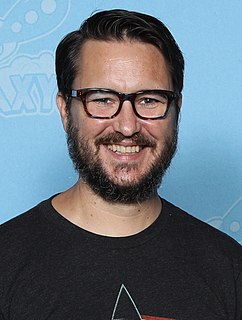Top 472 Trek Quotes & Sayings - Page 7
Explore popular Trek quotes.
Last updated on November 19, 2024.
I had come to the point when I realized it was unlikely that my film career was going to move beyond a certain level of role. And I was - because I had graphic instances of it - handicapped by the success of Star Trek. A director would say, 'I don't want Jean-Luc Picard in my movie' - and this was compounded by X-Men as well.
My approach to 'Star Trek' was, 'I know science fiction, and I know screen writing.' That was very arrogant of me, but you really need to be a little bit arrogant to think that what you have to say is good enough to justify the expense of hundreds of thousands - now millions of dollars - to make an episode of the TV show.
Certainly, Occupy Wall Street protesters have different ideas about the movement's mission. Many of the marchers I met even disagreed on the purpose of their trek - some thought it was about getting to Washington to protest the 'supercommittee'; others thought it was about visiting other Occupations.
During my childhood, Washington was a segregated city, and I lived in the midst of a poor black neighborhood. Life on the streets was often perilous. Indoor reading was my refuge, and twice a week, I made the hazardous bicycle trek to the central library at Seventh and K streets to stock up on supplies.
I quickly said that, because of my loyalty to 'Star Trek' and also just being a fan, I wouldn’t even want to be involved in the next version of those things. I declined any involvement very early on. I’d rather be in the audience not knowing what was coming, rather than being involved in the minutiae of making them.
What's wonderful about 'Star Trek' having been rebooted so successfully by the J. J. Abrams movie franchise is that - the corollary effect is that it creates a new generation of fans, and they're interested in all of it. They don't just sit around and wait for the next movie to come out; they'll go back and re-examine episodes.
It has always been a goal of mine to climb Kilimanjaro, so that's definitely happening, and I may write a memoir about it. When I was 25, I tried to trek to Everest Base Camp, but I got sick and ended up being carried out of Dingboche on the back of my Sherpa. So Kilimanjaro would represent a redemption of sorts.
Gene Roddenberry continually reminded us that the Star Trek Enterprise was a metaphor for starship Earth. And the strength in this starship came from its diversity, coming together and working in concert as a team. That is the strength of our countries, Canada and the United States. We are nations of diversity.
Up until the time I was cast in 'Star Trek,' the roles were pretty shallow - thin, stereotyped, one-dimensional roles. I knew this character was a breakthrough role, certainly for me as an individual actor but also for the image of an Asian character: no accent, a member of the elite leadership team.
The International Criminal Court, like most international institutions, is a wonderful idea. A noble idea. All it needs to work is planetary government, worldwide democracy and the triumph of reason over tribal loyalties, political doctrines and individual ambition. In other words, it requires that we all live in the world described by the "Star Trek" television shows.
It shouldn't be so difficult to determine what a planet is. When you're watching a science fiction show like 'Star Trek' and they show up at some object in space and turn on the viewfinder, the audience and the people in the show know immediately whether it's a planet or a star or a comet or an asteroid.
Having played many roles of scientific intellect I do have an empathy for that world. It's been hard on me because flying the Enterprise for seven years in Star Trek and sitting in Cerebro in X-men has led people to believe that I know what I'm talking about. But I'm still trying to work out how to operate the air conditioning unit on my car.
That's what 'Star Trek' was: We don't know how to make an ideal society, but we're going to portray that, and then we're going to work backward. I think that's why science fiction - despite the dystopian parts - comes out of this super ideal that, eventually, we will get to some better place where we actually live up to our ideals.
I really enjoy playing villains, whether they're realistic like Switchblade Sam or whether they're a bit more over-the-top like Kruge in 'Star Trek III' or Judge Doom in 'Who Framed Roger Rabbit.' It's sort of a license just to be as bad as the script allows you to be - you can just go for it and have fun.
On the one hand, technology is more mysterious. On the other hand, we're more aware of its limitations. Every time I watch Star Trek, I'm highly aware of magical everything is: the holodeck, the warp drive. It's possible that with wormholes we might eventually be able to do something like that. But the laws of physics are pretty unforgiving.
It really was not that difficult a process, because I was playing [Data from Star Trek] something that doesn't exist. So it was really based on... Imagination was the key element in that, and whatever I could think of, I could do, because there was no precedent for it. It wasn't like someone was going to say, "Well, an android would never do that." They didn't know!
